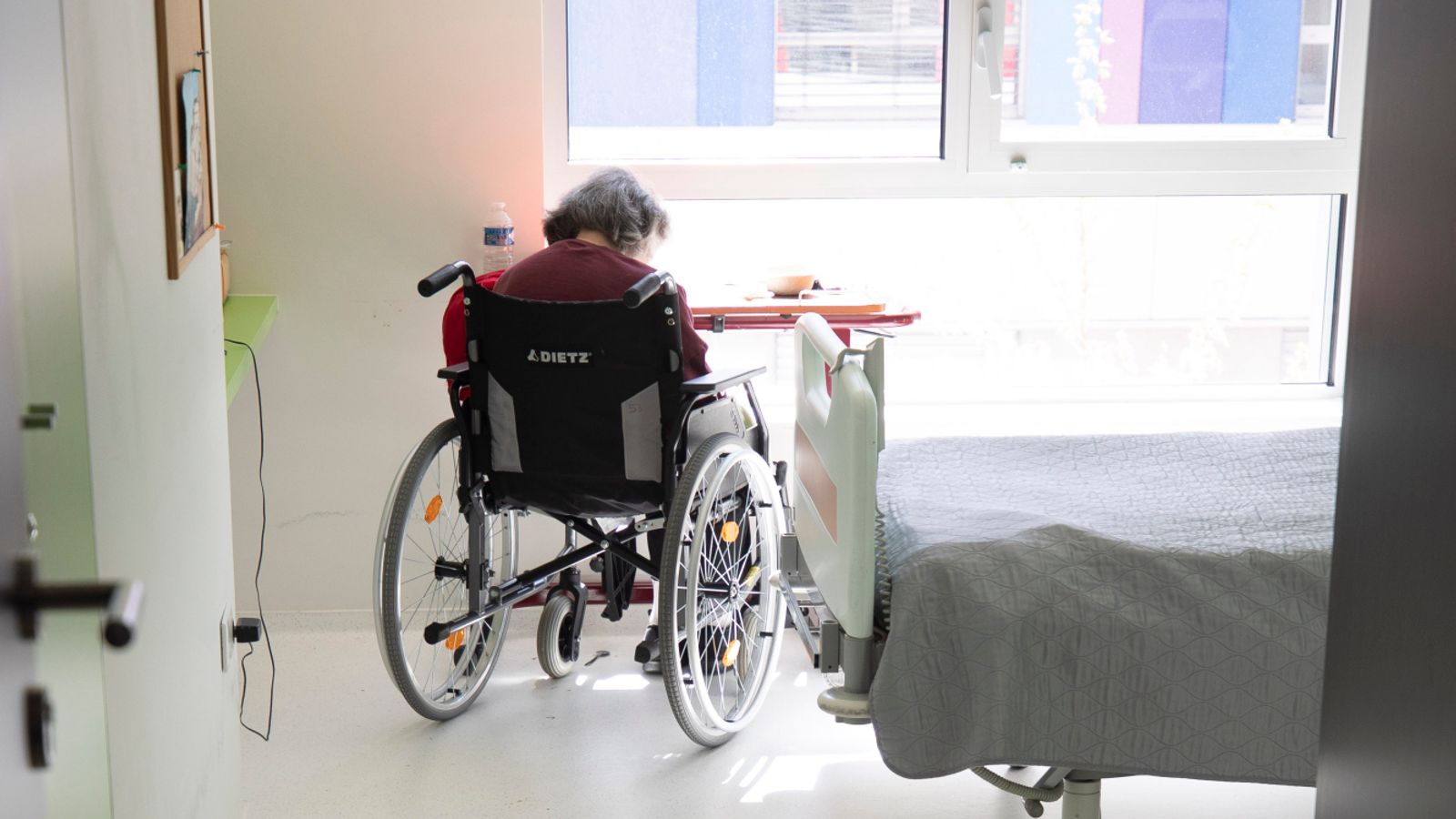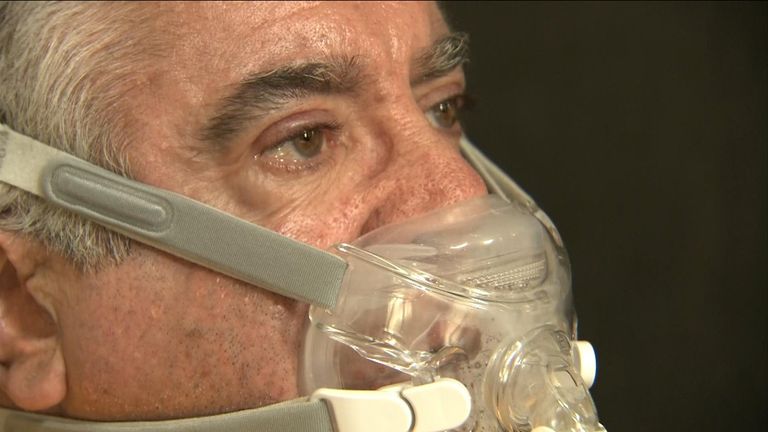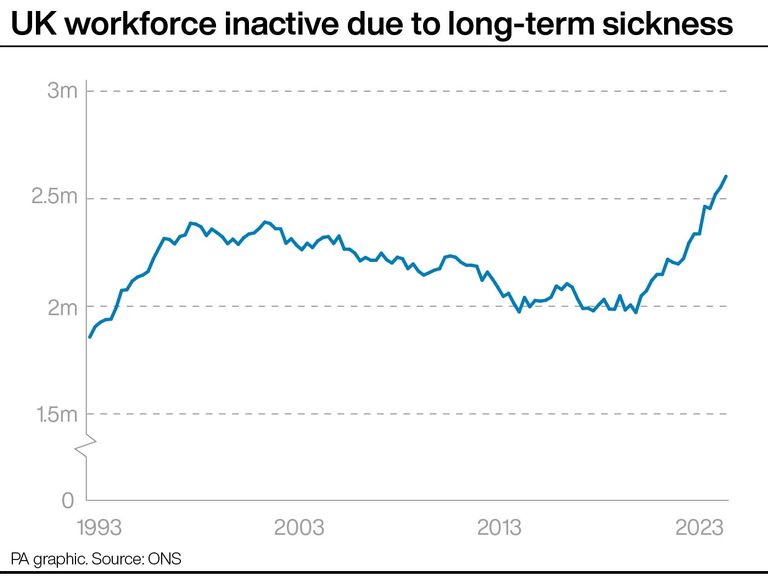The level of illness among the UK population is costing lives and harming the economy, a report has warned – after the number of people off work due to long-term sickness hit another record high.
More than 2.6 million people now do not have jobs because of their health, according to latest employment data from the Office for National Statistics (ONS).
The all-time high comes after an additional 491,433 adults were added to the official total in the three months from May to July, figures released on Tuesday revealed.
The Institute for Public Policy Research (IPPR) said in a report on Wednesday that the issue had become a “serious fiscal threat” to the UK – and to individuals’ health.
The think tank blamed long NHS waiting lists and other problems faced by the public in accessing treatment, and said reform was urgently needed to avert “killer” costs while also ending second-rate care.
It comes after the number of patients in England waiting to start routine hospital treatment topped a record high of 7.6 million.
People aged between 16 and 64 who are not in employment due to long-term sickness are officially classed as “economically inactive”, rather than unemployed, because they are either not looking for a job or are unable to work.
Overall economic inactivity – including students in the age range and those not seeking employment for other reasons – rose by 0.1 percentage points during the period to 21.1%, according to the official figures.
The ONS said that while the rate had generally been falling in recent decades, it increased during COVID and is currently still above pre-pandemic levels.
The IPPR pointed the finger at what it said was a decline in the quality of health care – and said the UK was increasingly “spending more to get less”.
Read more
Call for more help to get millions of long-term sick back into employment
One in five adults in England will be living with major diseases by 2040
“The number of deaths that could have been avoided with timely healthcare or public health interventions is much higher in the UK than in all other comparable European nations,” the report said.
“We estimate that if the UK had an avoidable mortality rate similar to those in comparable European countries, around 240,000 fewer people would have died in the decade from 2010.”
It added: “On the post-pandemic trajectory, new modelling commissioned for this report finds government healthcare spending in England is on course to rise from 9% of GDP [gross domestic product] to 11.2% of GDP by 2033/34.
“This is much faster than the rate at which we expect the economy to grow, suggesting cuts for other public services or rationing of health and social care services.”
The think tank said reforms, such as better integrated services in neighbourhood “health hubs” and improvements to social care, along with better pay and rights for healthcare workers, could save taxpayers up to £205bn over a decade.
Lord Bethell, former health minister and commissioner, said: “Sick Britain is costing us our lives, our livelihoods and harming the UK economy.”
He added: “We must start taking action to reduce demand and need for healthcare, through prevention.”
Downing Street acknowledged on Tuesday that improvements were needed in tackling long-term sickness.
The prime minister’s official spokesman told reporters: “We recognise there is more to do to help get people back into work or into the workforce more generally.”
He added: “We are introducing a package of measures worth £3.5bn to remove barriers to the labour market, to support people who would like to work including those with disabilities or health conditions.”
But Nicola Smith, head of economics and rights at the TUC, said: “This is yet another example to add to the government’s catalogue of economic failures with rapidly rising unemployment alongside record numbers of people unable to find work because of ill health.”
The government recently unveiled proposals to shake up disability benefit assessments as part of efforts to encourage economically inactive people to enter the workforce.
But concerns have been raised that the reforms could force people into jobs when they are not well enough and make them more ill.
Hannah Slaughter, a senior economist at the Resolution Foundation, described the rising number of people who are too sick to work as a “worrying trend”.
She added: “Addressing this issue will require more than just reforms to benefit assessments, it will need to mean more support for those in work too.”


